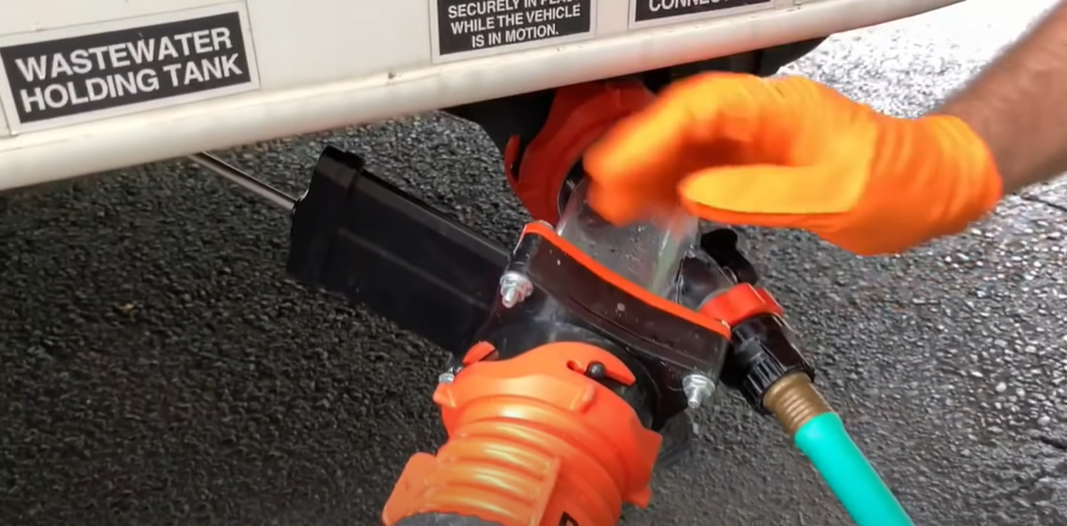
When RVing off-grid, proper waste disposal is crucial for both personal hygiene and environmental preservation. As responsible travelers, it is our duty to minimize our impact on the natural surroundings. In this article, we will explore the best practices for waste disposal when RVing off-grid. From blackwater and greywater management to garbage disposal, we will discuss sustainable solutions and practical tips to ensure that we leave no trace while enjoying the freedom of the open road.
Understand Your RV’s Waste Systems
Before hitting the road, familiarize yourself with your RV’s waste systems. RVs typically have separate tanks for blackwater (toilet waste) and greywater (wastewater from sinks and showers). Understand how these systems work, including the locations of tank valves, sensors, and venting.
Use Dump Stations and Campground Facilities
Whenever possible, utilize designated dump stations and campground facilities for waste disposal. These locations are equipped with the necessary infrastructure to handle blackwater and greywater safely. Plan your route to include stops at RV parks or campgrounds that offer dump stations.
Practice Proper Blackwater Management
Blackwater, the waste from the toilet, requires special attention. Only use RV-friendly toilet paper that is designed to break down quickly. Avoid flushing anything other than human waste and toilet paper. Use biodegradable and environmentally friendly holding tank treatments to control odors and break down waste.
Dispose of Greywater Responsibly
Greywater, which includes wastewater from sinks and showers, can be disposed of in environmentally friendly ways. Avoid releasing greywater onto the ground or into natural water sources. Use campground or dump station facilities to drain your greywater tanks properly.
Minimize Water Usage to Reduce Waste
Conserving water not only helps with water management but also reduces the volume of waste generated. Practice water-saving habits such as turning off the tap when not in use, taking shorter showers, and using water-efficient fixtures and appliances.
Implement Recycling and Composting
Reduce your solid waste footprint by implementing recycling and composting practices. Separate recyclable items such as plastic bottles, cans, and paper. Compost organic waste like food scraps and plant material. Use designated recycling bins and composting facilities at campgrounds or dispose of these items in recycling centers.
Pack Out What You Pack In
When venturing into areas without access to waste disposal facilities, follow the “pack it in, pack it out” principle. Bring sturdy trash bags and containers to store your garbage securely. Never leave trash or litter behind. Dispose of your waste properly at designated facilities or when you reach a suitable location.
Dispose of Hazardous Waste Responsibly
Properly handle and dispose of hazardous waste items such as batteries, propane canisters, and chemicals. Many campgrounds, municipalities, and recycling centers offer designated collection points for hazardous materials. Take advantage of these facilities to ensure safe disposal.
Educate and Encourage Others
Spread awareness and educate fellow RVers about responsible waste disposal practices. Lead by example and share your knowledge with others. Encourage the adoption of eco-friendly practices within the RVing community to create a culture of responsible waste management.
When RVing off-grid, responsible waste disposal is essential for preserving the beauty of nature and minimizing our environmental impact. By understanding our RV’s waste systems, utilizing proper facilities, practicing recycling and composting, and minimizing water usage, we can ensure that we leave no trace behind. Let’s embrace these best practices and inspire others to follow suit, making a positive difference in the world as we explore the wonders of off-grid RVing.